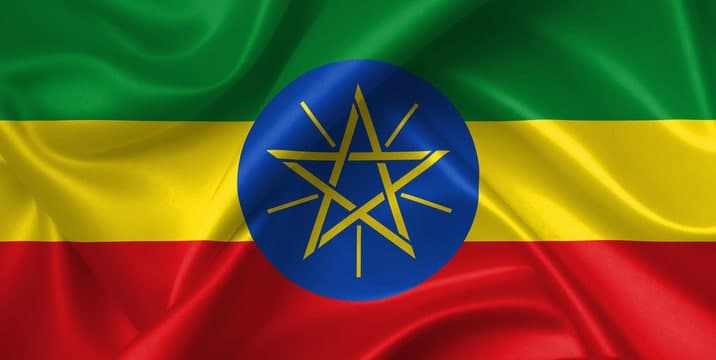
The quest for a national dialogue and reconciliation will be implemented entirely by Ethiopians. This is the first of its kind ever to be conducted in the country.
Some forces who seem to defame every attempt by the government take this genuine process as a tactic devised by the government to stay in power. However, this does not tally with the spirit of the proclamation of the National Dialogue and Reconciliation Commission.
The following are some of the basic principles that may be taken into consideration to accelerate and maximize the results of the processes at all levels from federal to the grassroots level in the government structure.
To begin with, determining the context of the entire process is very important and presumably critical. In this article, context implies cultural, socio-psychological, historical, geopolitical and geostrategic context under which the national dialogue and reconciliation operates. The National Dialogue and Reconciliation Commission have already been enacted by law to enable the process with defined objectives, functions, accountability and responsibility.
Given the ethnic mix in the country and the prevalence of ethnic extremism and the mentality of seclusion, it is very important to focus on the big picture regarding the challenges the country is facing. Over the last thirty years, the terrorist TPLF, which dominated EPRDF government has divided the people of Ethiopia under the guise of adulterated conceptualization of self determination and democracy.
It would be very important to avoid unnecessary complication of issues on ethnic lines. The agenda items for national dialogue and reconciliation in Ethiopia need to be very exhaustive and clearly defined to avoid ambiguities in legal and ideological definitions of concepts.
As mentioned above, the fundamental issue is about the survival and peaceful flourishing and development of a sovereign country and people in an apparently hostile geopolitical and geostrategic setting in which Ethiopia should continue to prevail.
Well prepared ground rules for the conduct of the dialogue and reconciliation process is an important factor for running the process at all levels. In this context, it is also important to prepare rules, principles and guidelines for media coverage of the entire process to avoid misinformation, misrepresentation and media manipulation of facts and figures.
The other important issue regarding the conduct of the commission is keeping the necessary balance between party viewpoints and the opinion of participants who are not necessarily members of any party.
The events and situations that the country has passed through for over a century and the last 50 years clearly indicate the proliferation of conflicts that have continued to spread across the country. Conflicts triggered by competitions over scarce natural resources, internal border demarcation and related issues show the the need for meaningful reconciliation.
Among other things a national dialogue and reconciliation is meant to establish the ground work for the future of the country to reach consensus and effectively heal past wounds endured to date.
The national dialogue and reconciliation strategy is instrumental in promoting peace and tranquility in the country as it will help to create a general consensus on issues related to national building, foreign relations and diplomacy, economic development and national unity.
This is not a forum for parties or political groups to promote themselves but an opportunity for narrowing down differences and working on common political denominators that would create a far more favorable condition for the socio-economic development of the country.
Benchmarking the experience of other countries which have conducted dialogue and reconciliation could add value to the smooth running for the operation of the commission, it is also important to blend traditional values and norms in conflict management that has come down to us through the transmission belt of continuous generations.
Dialogue and reconciliation is not intended to win debates through oratorical techniques but taking all the necessary steps to travel half way to gain a win-win victory which will suit for all. Collective responsibility towards the future of the country by making the dialogue in good faith and honesty is critical for the successes expected from the entire process. This is not about ideological debate either. It is about saving, protecting, developing and nurturing the people of Ethiopia in a more respectful and dignified manner.
At this point in time, Ethiopia is on the cross road and much depends upon the united action of citizens to do their level best to uplift their country from the prevailing situations, poverty, destitution and all forms of neo-colonial treacheries.
It must be stressed that this is also a learning process in which people of all walks of life would get the opportunity to know more about their country and its people. The National Dialogue and Reconciliation Commission and its various sub-committees are duty bound not only to document the entire process but also to focus on elaborating the lessons learned and shortfalls if any.
It is also important to take note of the fact that the dialogue and reconciliation to be conducted at all levels is imperative to all the challenges and hurdles the country has continued to face. It is certainly an important step towards developing a new democratic order in the country where the rule of law and good governance will continue to prevail.
(Source: ENA)